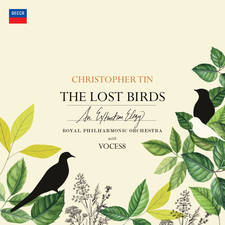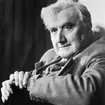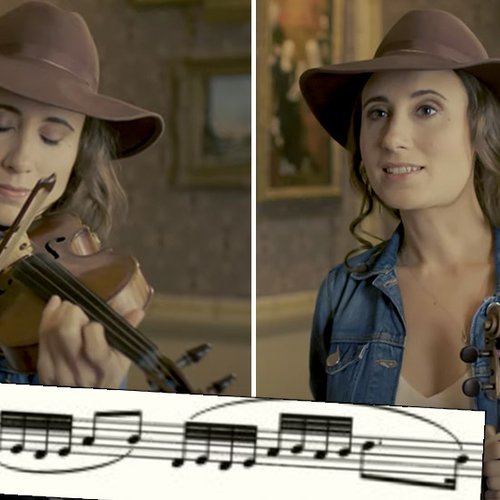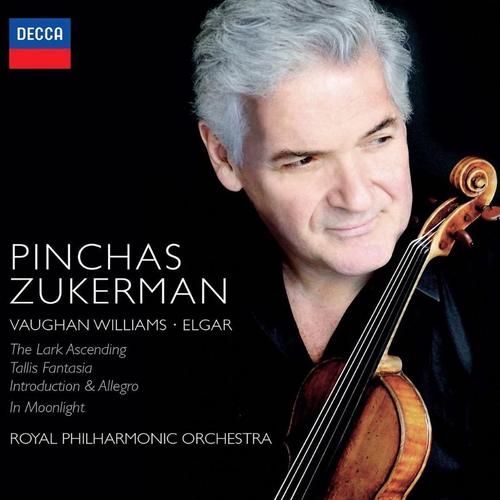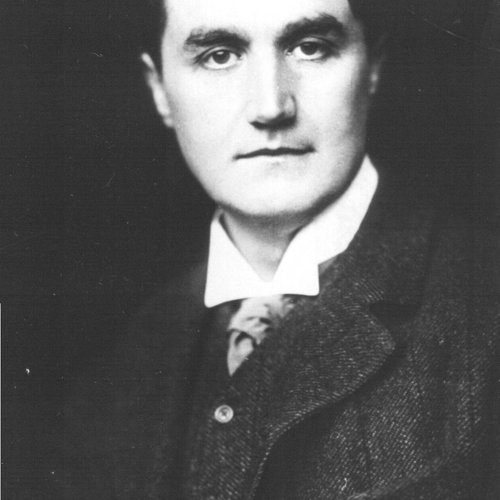Why we love Vaughan Williams
Vaughan Williams was the gifted Englishman, whose symphonies alone confirm him as a 20th Century master.
Why are some people a bit stuffy about Vaughan Williams’s music?
Such typically self-effacing comments as "I have learnt almost entirely what I have learnt by trying it out on the dog" have led some to view VW as a misguided if oddly gifted amateur. Yet only a tiny part of his output – most notably the Greensleeves Fantasia (1934) – can be likened to the idealised Angloscapes of a Constable painting. Elsewhere, he speaks with a striking boldness, wide-ranging originality, and unique inventiveness.
So all this amateur stuff is sheer nonsense?
Absolutely. VW studied composition with both Stanford and Parry at the Royal College of Music, then Charles Wood at Trinity College, Cambridge, and then Max Bruch in Berlin in 1897. Four years later he was awarded his Cambridge Mus. D, and in 1909 rounded off his training with lessons from Ravel.
But the 'English' label proved hard to shrug off?
Sadly, yes. For example, one of his earliest successes, the Wasps Overture, was waggishly described by the American critic Paul Henry Lang as "a pleasant trifle that sounds like Rimsky-Korsakov with a bowler, mackintosh and umbrella".
So when did he really announce himself on the musical scene?
VW’s first barnstorming masterpiece was the Fantasia on a Theme by Thomas Tallis (1910), followed in fairly quick succession by A London Symphony (1912-13), the delightful rural opera Hugh the Drover (1910-14), and The Lark Ascending (1914).
But it’s not all pastoral landscapes and jolly japes?
Far from it. Following the terrors of the Great War (VW served as an artillery officer in both Salonika and France), he began exploring a more angular and forbidding style in such masterpieces as the ballet Job and the Fourth Symphony.
Yet he retained his self-deprecating sense of humour?
Right to the end. In the elusive Symphony No. 9, completed just the year before his death, VW includes a trio of saxophones, albeit with the firm instruction that they "shouldn’t sound like demented cats."
